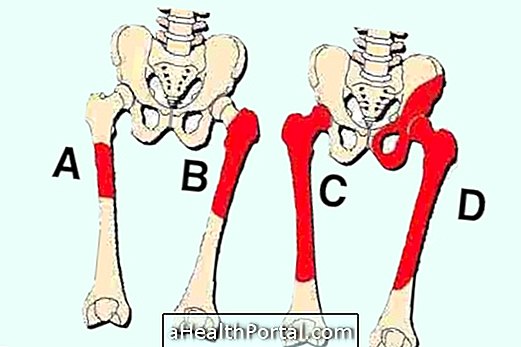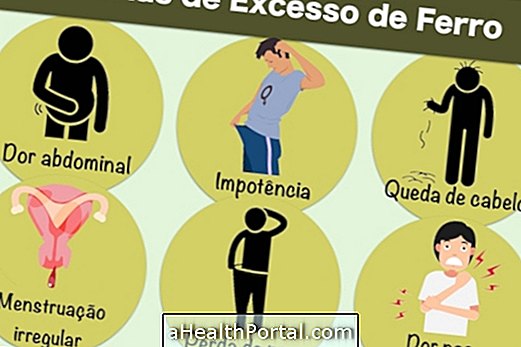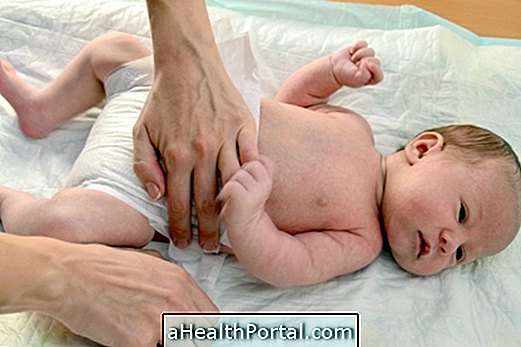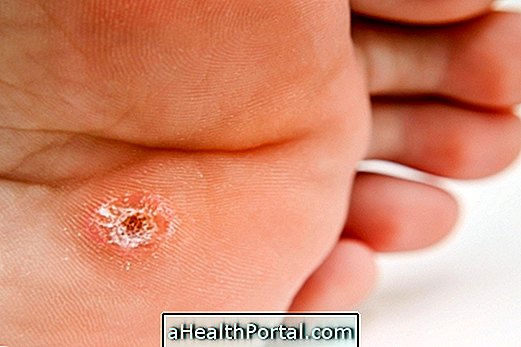The deepening of the baby in the baby can be a sign of dehydration or malnutrition, so if it is verified that the baby is with the deep-knee, it is recommended to take him or her to the emergency room immediately or consult the pediatrician for appropriate treatment. include only some home care such as giving lots of fluids, or treatment in the hospital to receive whey or vein feed.
Take a closer look at what the deep-throated baby might be and what to do in these cases:
1. Dehydration
Dehydration is one of the main causes of deep bellyworm infants and it is important to treat it as soon as possible because babies due to their small size are at greater risk than adults.
Other signs of dehydration
Other signs of dehydration in the baby include dry skin and lips, less wet or dry diapers, sunken eyes, strong dark urine, crying without tears, drowsiness, rapid breathing and thirst.
What to do
Take some care to rehydrate the baby as:
- Give lots of fluids to your baby: breastfeed more often, offer more bottles or provide fluids like water, coconut water, homemade whey or hydration solutions that are purchased at the pharmacy. Here's how to make homemade whey in: Homemade whey recipe or watch the video:

- Keep the baby cool: if the weather is hot and the baby is dehydrated, keep it cool, away from the sun and heat.
If the baby has a fever or dehydration does not pass within 24 hours, it is recommended to bring the baby to the hospital to receive serum through the vein.
Learn more at: Signs of Dehydration in Children.
2. Malnutrition
Malnutrition occurs when the baby has problems of absorption and can not adequately absorb nutrients, and can be caused by feeding problems, food intolerances or genetic diseases, for example.
Other signs of malnutrition
In addition to weight loss and weight loss, other signs of malnutrition include frequent diarrhea, poor appetite, changes in skin and hair color, slow growth, and changes in behavior such as irritability, anxiety, or drowsiness.
What to do
Consult the pediatrician accompanying the baby to identify the severity of malnutrition and a nutritionist to match a food plan with all the necessary nutrients. In more severe cases, the baby may need to stay in the hospital to receive food through the vein or nasogastric tube.
























